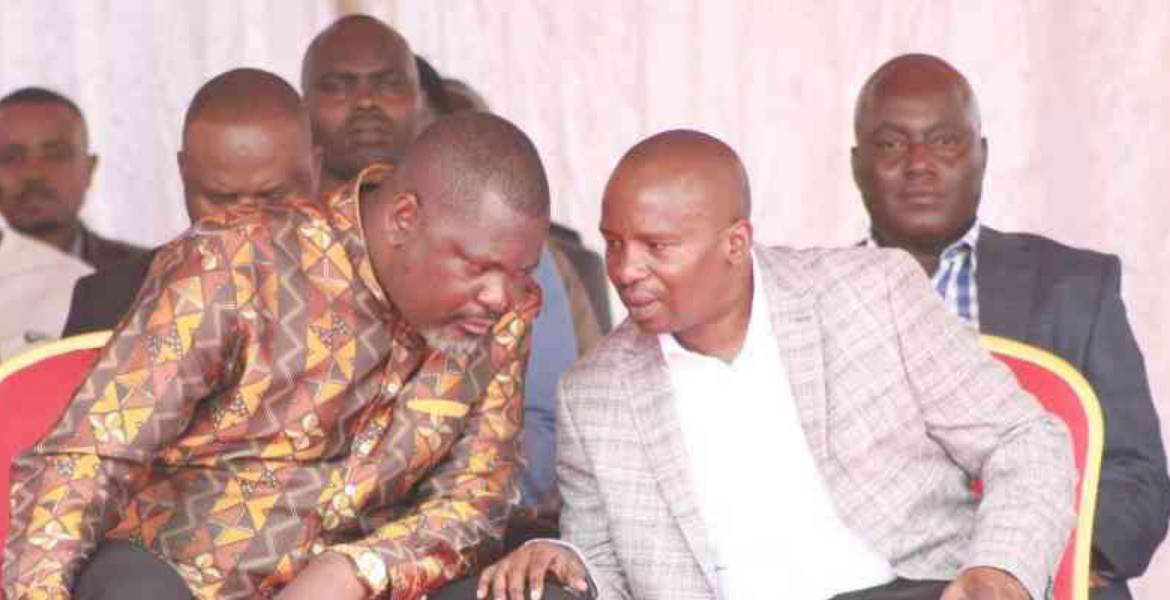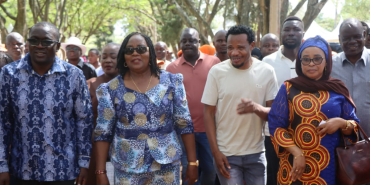Mbeere North By-election to Test Ruto’s Support in Mount Kenya

President William Ruto’s decision to call a by-election in Mbeere North has set the stage for a politically significant contest in Embu County, with national implications for his support in the Mt Kenya region.
The by-election, scheduled for 27 November, follows the appointment of former Mbeere North MP Geoffrey Ruku to the Cabinet in April. While such political vacancies are routine, the choice of Embu as the site for this contest has raised strategic questions.
The region has recently shown signs of political unease, particularly after the controversial impeachment of Deputy President Rigathi Gachagua in October. Analysts believe the President is using the by-election to assess the loyalty and strength of his Mt Kenya allies amid growing dissatisfaction within the region.
Once a strong base for Ruto’s United Democratic Alliance (UDA), parts of Mt Kenya have become increasingly critical of his administration, with the Head of State reportedly receiving hostile receptions during recent visits to Embu. The dismissal of several high-profile leaders from the region, including former Attorney General Justin Muturi and former Agriculture Cabinet Secretary Mithika Linturi, has fuelled speculation that the President is seeking to restructure political alliances.
Observers suggest this may be an attempt to phase out long-standing power brokers in favour of newer, more loyal figures. Political scientist Professor Peter Kagwanja views the by-election as a deliberate test of this new approach. He argues that Ruto may be using the contest to measure the influence of the emerging Mt Kenya East bloc, which includes Embu, Tharaka Nithi, and Meru.
This area is now associated with recently appointed Deputy President Kithure Kindiki, whose elevation was seen as a response to Gachagua’s removal.
However, local analysts caution that the strategy may backfire. Malila Munywoki, an Embu-based commentator, describes the move as calculated but risky, noting that it may expose the President’s declining support in the region.
The political landscape shifted further when the Democracy for Citizens Party (DCP), led by Gachagua, withdrew from the race and endorsed a candidate from Muturi’s Democratic Party. The alliance was unexpected and disrupted expectations of a divided opposition.
Ruku, now the UDA candidate, criticised the withdrawal as a sign of weakness, but DCP sources said the move was based on internal polling and aimed at consolidating support behind the strongest challenger. Many now view the by-election as a direct test of Ruto’s regional strategy. Cate Waruguru, head of DCP’s women’s league, called the contest a “trap” set by the President to evaluate whether his allies can deliver votes.
A poor performance, she suggested, could trigger realignments before the 2027 general election. Deputy President Kindiki has taken a lead role in coordinating the UDA campaign, reportedly brokering agreements among nine aspirants to present a unified front. Meanwhile, Muturi has framed the opposition campaign as a broader push for justice and accountability, calling for a return to foundational national values.
The Independent Electoral and Boundaries Commission (IEBC) has set the campaign period from 8 October to 24 November. The race is expected to be closely fought, similar to the 2022 general election, when Ruku narrowly defeated UDA’s Muriuki Njagagua by just 647 votes.








Add new comment